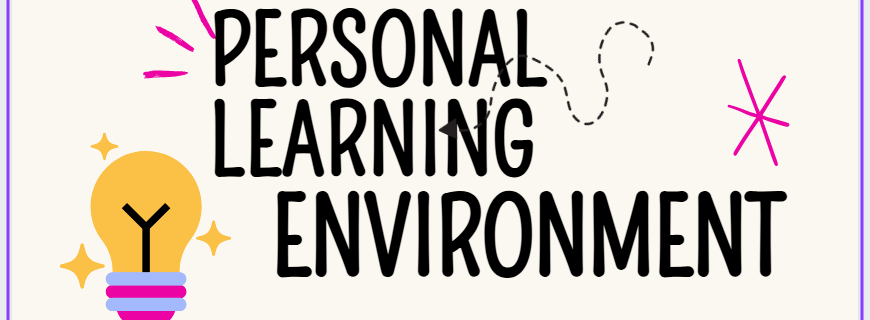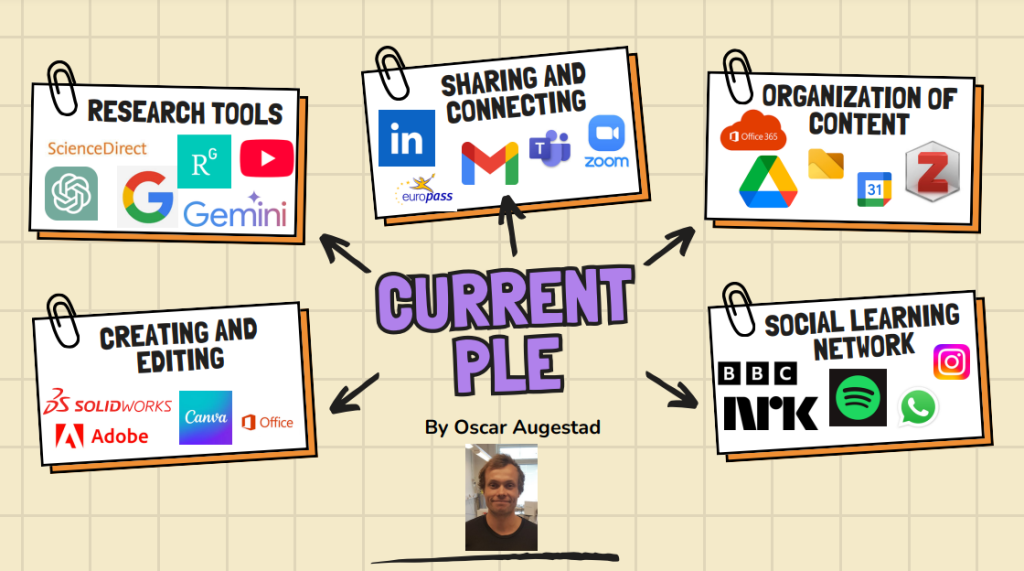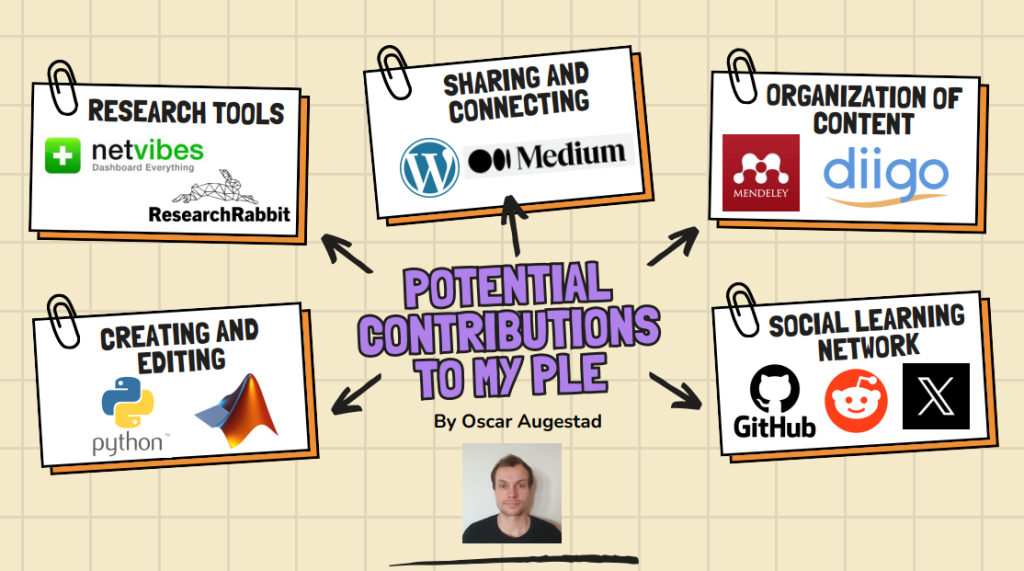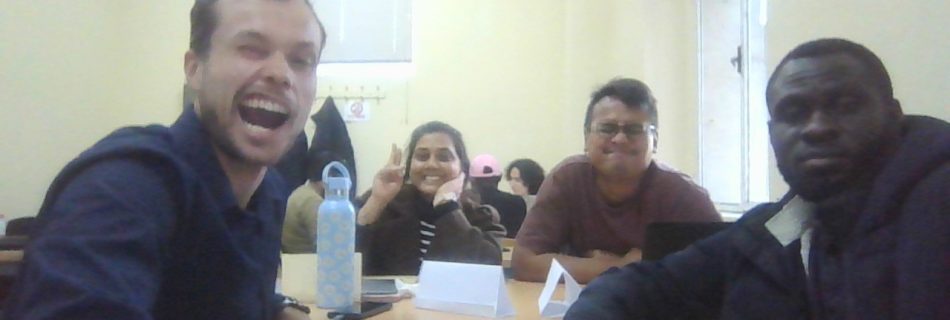As I reflect on my experience completing the “Introduction to Personal Branding” course by the University of Virginia on Coursera, I realize just how essential personal branding has become in today’s interconnected world. Taught by Kimberley Barker, the course provided invaluable insights into how personal branding can help define who you are, create a professional identity, and even influence the trajectory of your career. Below, I’ll outline the key learning outcomes and how they can be applied to my ongoing professional journey, especially in the context of my work in material science and sustainability.
Understanding the Purpose of Personal Branding
One of the most enlightening aspects of the course was the first module, “An Overview of Personal Branding.” It helped me grasp the fundamental purpose of building a brand and why it is critical for anyone, whether they’re an entrepreneur, a student, or a professional in any field. A brand is not just about marketing yourself—it’s about clarity of values, gifts, and goals. This concept resonated with me deeply, as I’ve always valued purpose-driven work, especially in sustainability and circular economy fields. Personal branding isn’t about creating a false image; it’s about showcasing your true self and aligning your professional goals with your personal values. As I advance in my career, this understanding will help me present a consistent and authentic image to potential employers, collaborators, and the broader community.
Building a Strong Infrastructure for Your Brand
The second module, “Building Your Brand’s Infrastructure,” focused on the importance of a solid foundation for your personal brand. The course emphasized authenticity, creating a mission statement, and the role of visuals—like incorporating a professional photo. What stood out to me was the idea of authenticity. In today’s digital world, it’s easy to get lost in the noise, but staying true to yourself is what allows your brand to resonate with others. This module also reinforced the importance of clear communication—whether through your mission statement or professional identity—helping others easily understand what you stand for. As I move forward, I plan to integrate these principles into my own professional identity, making sure that my work in materials science, sustainability, and the circular economy is communicated clearly and authentically.
Crafting Your Digital Presence: Social Media Strategy
In the module “Establishing Your Brand’s Digital Home,” I learned how to claim my space on the web. The course provided a roadmap for choosing the right social media platforms to amplify your brand. While there are many platforms to choose from, it’s essential to focus on the ones that best align with your goals and target audience. For someone in a technical field like mine, LinkedIn is invaluable for networking and establishing professional credibility, while platforms like Twitter or Medium can be useful for sharing insights on sustainability and the circular economy. By focusing on the platforms that matter most, I can ensure my brand remains relevant and visible to the right audience.
Creating a Maintenance Plan for Your Brand
The course also covered the importance of creating a “Maintenance Plan” for your brand. As with any other project, consistency is key. Regularly updating your online presence, keeping your mission statement aligned with your evolving goals, and staying active on social media are essential for long-term success. This module was particularly useful in helping me understand that a personal brand is not a one-time effort—it requires ongoing attention and evolution. For someone working in a dynamic field like materials science, where new trends and ideas emerge frequently, maintaining an up-to-date and authentic brand is essential to staying relevant.
Navigating Digital Privacy and Reputation
Finally, the course touched on the crucial topic of digital privacy and how it impacts your brand’s reputation. In today’s world, where everything from job applications to personal interactions is happening online, managing your digital footprint is more important than ever. The course highlighted how to protect your privacy while still building a robust online presence. This lesson felt particularly important to me, as it ties into my personal values of transparency and integrity, especially when sharing work related to the environment and circular economy.
Conclusion: Integrating Personal Branding with Professional Goals
Overall, completing the “Introduction to Personal Branding” course has provided me with a deeper understanding of how branding can enhance both my personal and professional life. With the knowledge I’ve gained, I feel better equipped to navigate the evolving landscape of online presence, and I’m excited to apply these lessons to my work. As I continue my journey in materials science and sustainability, I plan to leverage personal branding as a tool to connect with like-minded professionals, share ideas, and contribute to the global conversation on circular economy and sustainable development.
Ultimately, personal branding is not about building a facade—it’s about building a lasting and meaningful connection with others based on authenticity, integrity, and shared values. I’m grateful for the course and look forward to implementing these principles in the years ahead.
Based on this experience I will introduce Twitter, Trello, and Notion into my personal learning environment has significantly streamlined both my professional growth and personal brand. Twitter serves as a dynamic platform for staying updated with industry trends, engaging in thought-provoking conversations, and sharing my expertise on sustainability and materials science. It provides a fast-paced environment for networking, where I can interact with thought leaders and share my perspectives in real-time (Sullivan, 2020). Trello, on the other hand, has proven to be a powerful organizational tool that helps me manage research projects, tasks, and goals efficiently. Its visual boards allow for easy collaboration and tracking of progress, making it a great tool for breaking down complex projects into manageable steps (White, 2021). Notion enhances my ability to centralize information, taking notes, managing resources, and organizing ideas into a cohesive digital workspace. The flexibility of Notion allows me to document everything from my daily tasks to long-term research plans, helping me keep my learning environment highly organized and efficient (Kershner, 2020). Together, these tools support my continuous learning while reinforcing my digital brand’s consistency and authenticity.
Sources:
- Sullivan, R. (2020). Mastering Twitter for Professional Growth. Harvard Business Review.
- White, D. (2021). Using Trello for Better Collaboration in Projects. TechCrunch.
- Kershner, A. (2020). Getting the Most Out of Notion: Organize Your Digital Life. The Verge.
About OSCAR LINDBERG AUGESTAD
Innovative Sustainability Expert | MSc Candidate in Advanced Materials: Innovative Recycling Erasmus Mundus Program | Experienced Analyst in Renewable Energy & Environmental Sustainability Solutions




